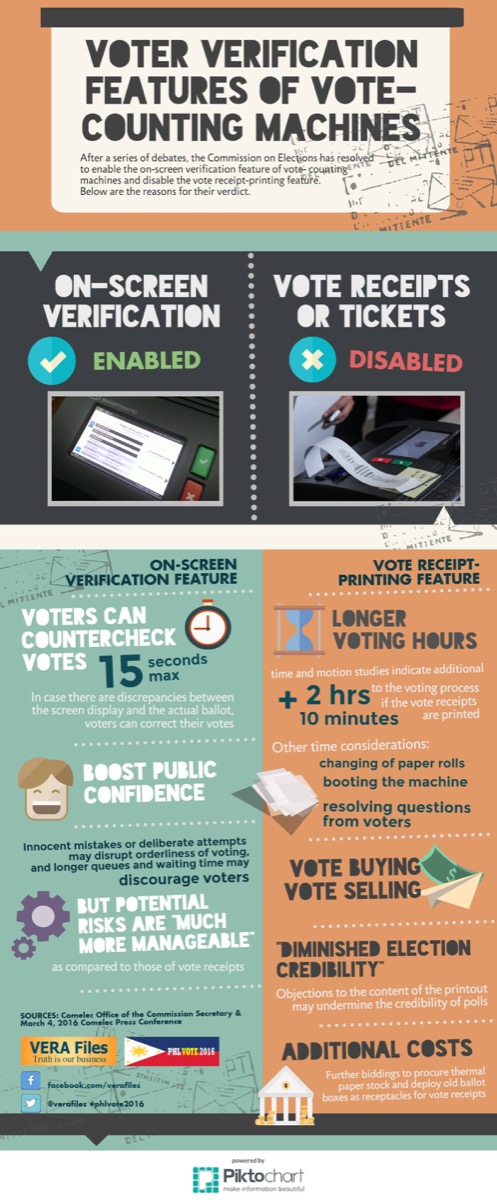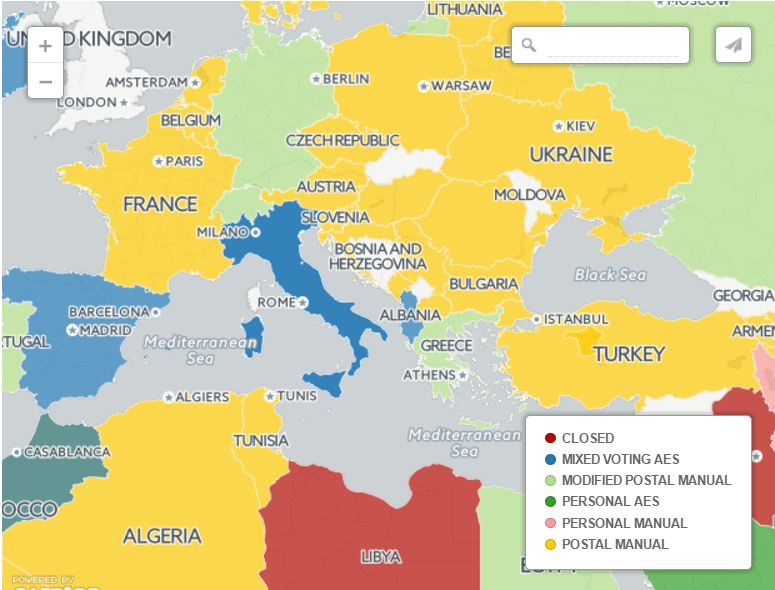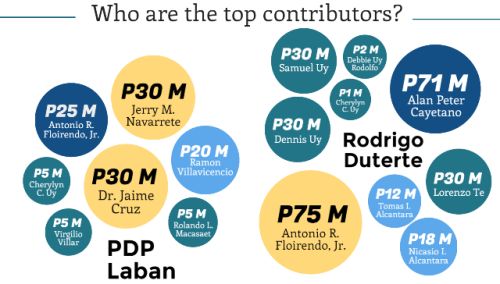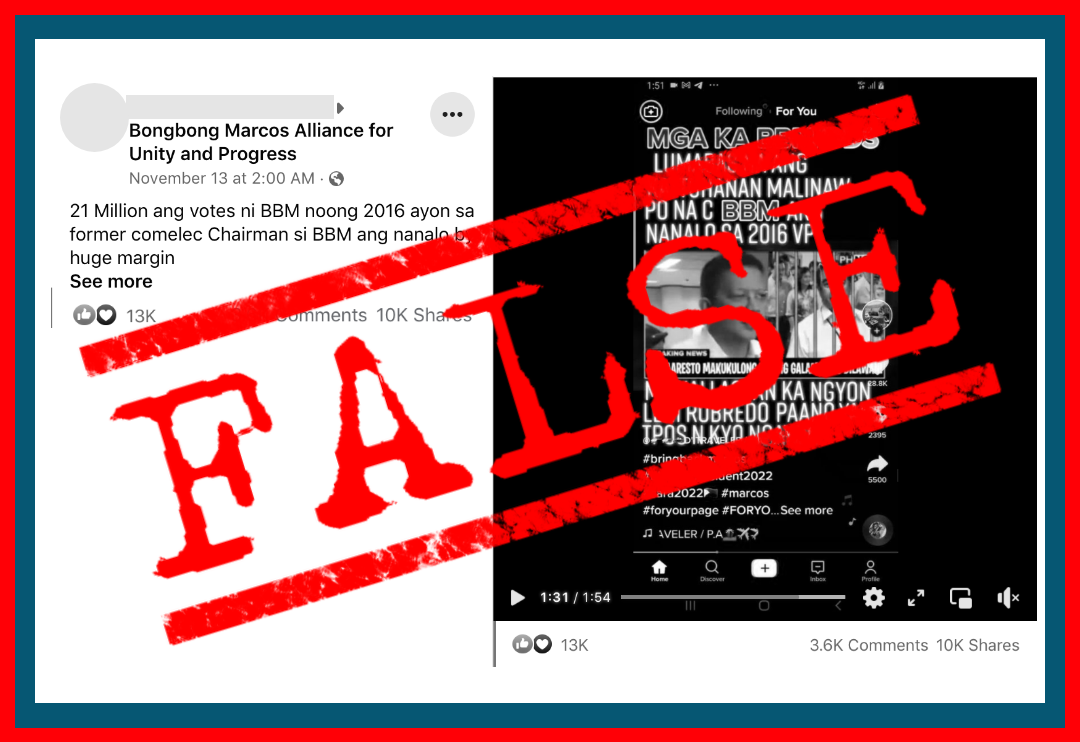By MARIA FEONA IMPERIAL
CANDIDATES for the presidency and vice presidency will not be compelled to attend the nationwide debates the Commission on Elections (Comelec) is organizing starting next month, but the poll body says non-attendance is a message in itself.
The debates will not only reveal how candidates fare in their specific fields, but also their grasp of the issues and how ready they are to face the public, Comelec spokesman James Jimenez said on Wednesday.
He said one netizen pointed out to him that President Benigno S. Aquino and Manila mayor Joseph Estrada did not participate in any debate during their presidential race.
“There are many roads to electoral victory. But all things considered, wouldn’t you choose on the basis of who has demonstrated merit and ability?” he explained.
“(Non-attendance) should tell the public a lot about that person as well,” Jimenez added.
The poll body signed a memorandum of agreement this week with key broadcast and print media organizations that will host the debates.
The first presidential debate will be held in Cagayan de Oro in February, followed by one in Cebu in March and a final one in Luzon (possibly in Pangasinan) in April. A debate by vice presidential aspirants is scheduled in Metro Manila in April.
Comelec has yet to send formal invitations to the candidates because it wants to first decide on the structure of the debates and other details to ensure that candidates will be comfortable with the format, Jimenez explained.
Media partners, he added, can decide the format of debates and introduce modifications provided that they “preserve the dignity of the debates.”
On Tuesday, the Comelec Education and Information Division launched #PiliPinasDebates2016, a crowdsourcing enterprise on Twitter. Voters are welcome to submit their questions to presidential candidates by using the hashtag. The questions can be seen on http://www.electionsphl.com/pilipinasdebates/.
The Twitter submissions will be among the bases of the questions to be asked during the debates. The Comelec will collate these questions and cluster them according to topics such as economy, foreign policy and security to avoid duplication.
Jimenez said the main themes of the questions they have received so far revolve around corruption and poverty alleviation.






